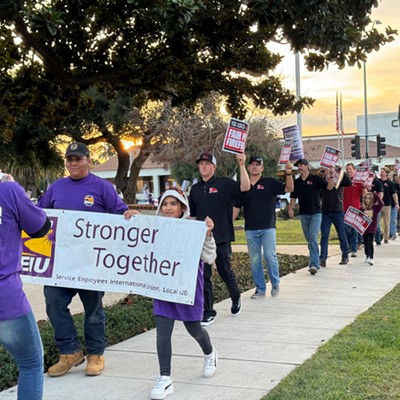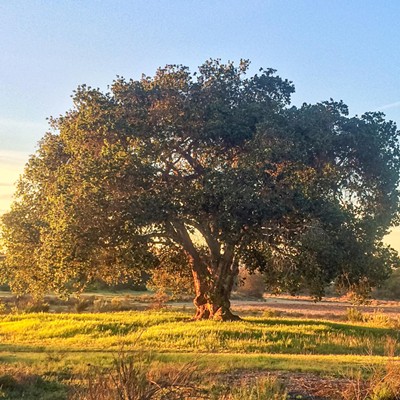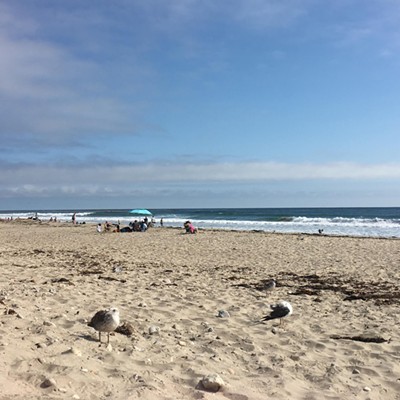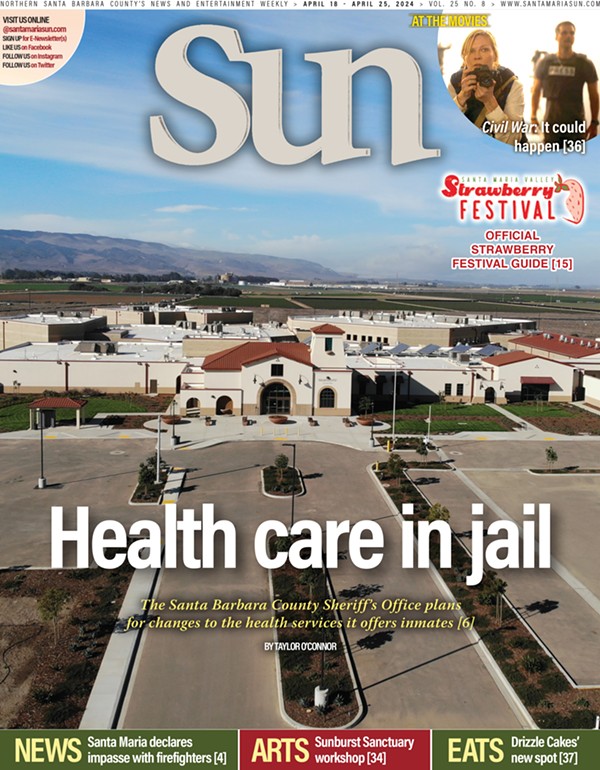California Gov. Jerry Brown signed a slew of bills intended to strengthen pipeline regulations and oil spill response protocols on Oct. 8. Much of the legislation was written as a result of the Refugio oil spill in May of this year.
SB 414, the Rapid Oil Spill Response Act, was introduced by Sen. Hannah-Beth Jackson (D-Santa Barbara). It directs the Office of Spill Prevention and Reponse (OSPR) to come back to the Legislature with a plan for how best to use commercial vessels during an oil spill. It also requires OSPR to notify the Legislature if dispersants are used, file a justification, and follow up with a report on effectiveness.
Brown also signed SB 295, another bill authored by Jackson, which requires pipeline inspections by the state fire marshal every year.
AB 864, written by Assemblymember Das Williams of Santa Barbara, was signed by Gov. Brown as well. The bill tightens requirements for coastal pipelines in ecologically and environmentally sensitive areas. Starting in 2018, it requires that new pipelines use the best available technology—such as SCADA leak detection, automatic shutoffs, or sectionalized block valves—to reduce the amount of oil released in a spill. Starting in 2020, it requires pipeline operators to retrofit older pipes to conform with these rules.
AB 1420, written by Assemblymember Rudy Salas of Bakersfield, directs the California Division of Oil, Gas, and Geothermal Resources to rethink their regulations for some natural gas pipelines—in this case, pipelines that are either 4 inches or less in diameter, in sensitive areas, or 10 years old or older. It also brings local public health departments into the process for responding to natural gas leaks.
“The devastating effects from the oil spill this year in Santa Barbara County impacted birds, mammals, and other marine life, and caused the closure of beaches and fishing resulting in economic losses,” Brown said in a signing statement. “Our coastline and surrounding environments contribute to the great and unique landscape of California. These bills improve planning for and prevention of oil spills and our response when spills occur.”
Bob Poole, who represents the Western States Petroleum Association (WSPA), said that his organization worked with legislators to realize the bills that Brown signed last week. “As a result of that process, WSPA did not oppose any of the final bills that were sent to the governor and signed,” he said in an email. “WSPA recognizes that oil spills are unacceptable in California, especially in sensitive areas, and we will continue to work with members of the Legislature and regulatory agencies to protect California’s natural resources.”
Plains All American—which operates the line that spilled in Refugio—respectfully declined the Sun’s request for comment for this story.










